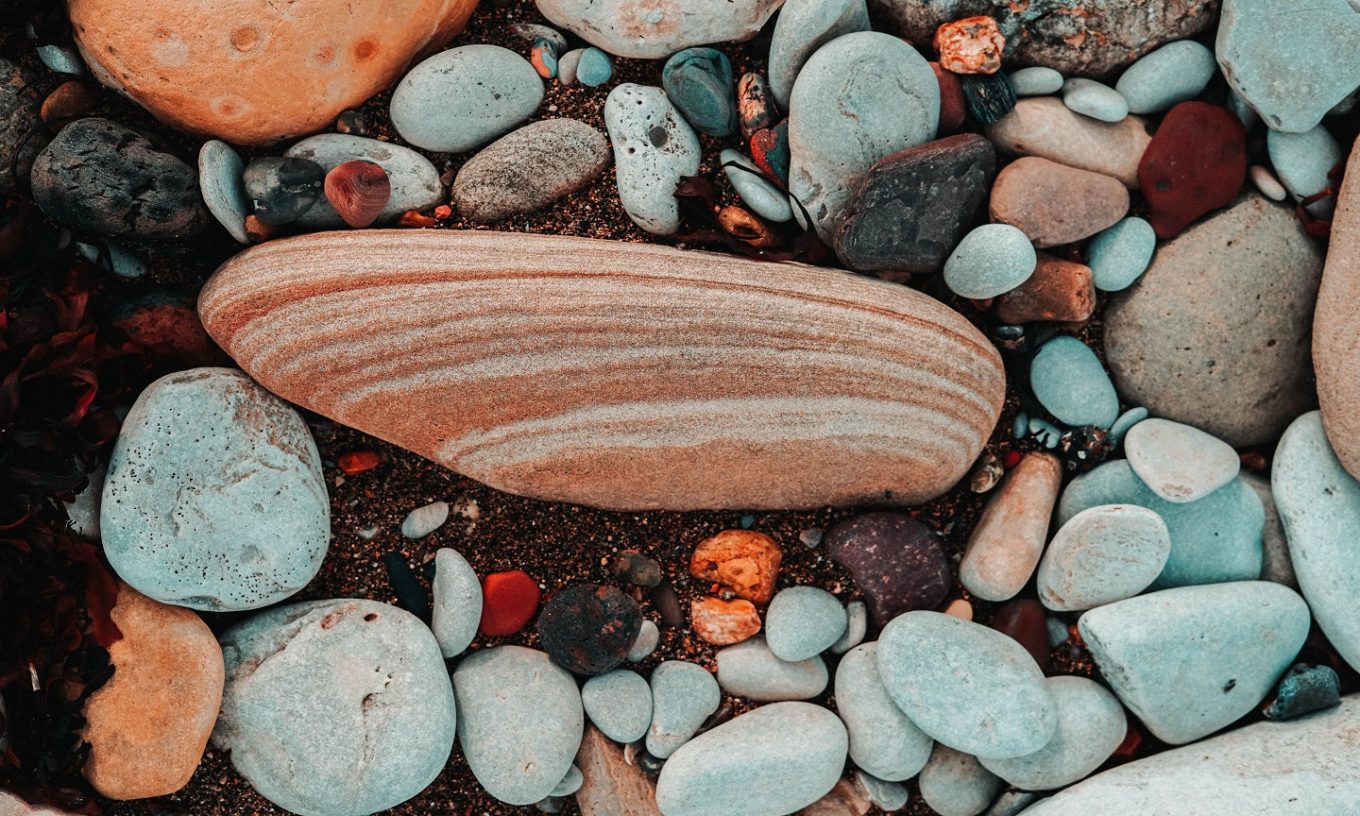Mid-July. Seven-year old Caro and her mother are visiting Christiane, a family friend. Caro enjoys these leisurely afternoon visits. Seated at the kitchen table, the women chat, complain, laugh, alternatively listening and interrupting, boisterous, facetious. Christiane pours cups of scalding café au lait, spreads cookies on a plate. Goodwill, good humor. The oilcloth runner on the table sticks a little, as if to anchor life in the fullness of this hour.
Caro is all ears, swept in the liveliness of the women’s friendly banter. They open a window onto adulthood, model open-heartedness and a speech free of censoring self-consciousness or pride. According to Caro’s mother, behaving otherwise betrays a “lack of simplicity,” a cardinal sin in her unorthodox book, a personal defect she often warns her daughter against. In the cool kitchen, seated in the women’s shadow, Caro silently tries on for size their turns of phrase, their spirit, their gusto for life and friendship.
The July afternoon swelters, motionless. Inside, the kitchen shelters behind the drawn shutters; outside, the street bakes in blinding light. At the height of summer, the diurnal tides of daytime heat and nighttime cooling slow down life to a disquieting halt, to a pace no clock can account for. The women welcome these seemingly limitless stretches of time; they know that the cares of daily life press around their edges and will soon enough fill up daytime hours. After coffee, they have quietly taken up their knitting. But now Caro is getting restless. While her mother and Christiane count their stiches, she wanders off to the glass door. Then steps outside.
She crosses the front yard, pushes the gate open, reaches the graveled sidewalk, and sits down on the curb. The heat weighs heavily on the street; molten mirages shimmer on the pavement. Stilled air, tampered sounds. Christiane’s kitchen, with its human comforts and knowable scale, seems far now. Caro raises herself on the palms of her hands and shifts positions. When she settles down, she notices tiny pebbles stuck to her hands, each embedded in a hollow ringed with reddened skin.
She brushes her palms one against the other and looks down at the gravel. Some stones are as smooth as polished glass, others jagged like broken sugar cubes; everywhere, white pebbles, peppery black pebbles, translucent pebbles in minty greens or dusty pinks, pebbles streaked with rust or striped like shells. A miniature moraine underfoot.
Caro picks some up. One, four; soon, twenty and more. An inexhaustible store of gems, no two alike. She yields to the urge to see them all, to touch them all, to marvel in their details, to scoop their loveliness into the folds of her dress. To take them all. Caro laughs, giddy. Tiny works of beauty all around her. Abundance without end.
Yet, she soon grows uneasy. Everywhere she looks, a new emotion, a new favorite she won’t leave behind. But the day will run out; she won’t be able to take them all. She stops, startled. A fear she can’t name rises like a cold tide and dims the light of day. First dizzying glimpse of space and time; first recoil against infinity.
“Caro! Time to go home. Step in to kiss Christiane good-bye.” The walk back to the familiar kitchen feels different now, as if it demanded crossing into another dimension and uneasily shrinking herself back to size. Still, the parting words she must speak and the women’s animated voices almost nestle her back into the comfort of this summer afternoon. But Caro’s fists still clutch her harvest tightly to her chest, and her eyes have filled with tears she won’t be able to explain.
She stands on this hard-won shore, grave, expectant, searching.
Photo by Toa Heftiba on Unsplash





